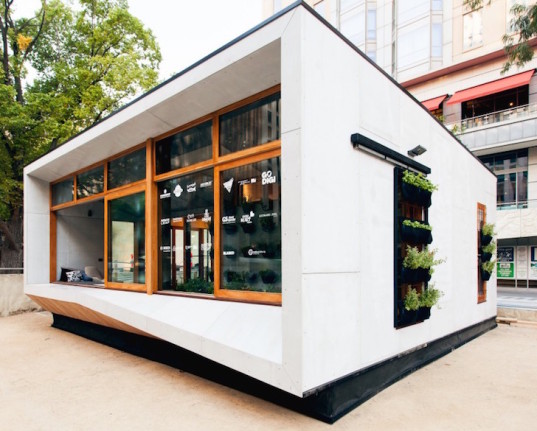1. Closing down dirty power
From Climate Code Red, a recent Oxford University report:
identified the most-polluting, least-efficient and oldest “sub-critical” coal-fired power stations. It found 89% of Australia’s coal power station fleet is sub-critical, “by far” the most carbon-intensive sub-critical fleet in world.
The International Energy Association, within a framework that itself is probably inadequate, says that one in four sub-critical power stations should close within five years. Hence 22% of our power stations should close within five years if we are to do our part.
AGL are making a virtue of their intention to move out of coal power by 2050. They are going to allow their recently acquired coal power assets to run their course.
Not good enough!
2. Direct Action starts auctions
There’s more at RenewEconomy.
The Government is going to buy carbon pollution reduction at the cheapest price. But that exactly is the problem:
“If the price is high, we will see companies actively want to reduce their emissions and participate in the market. However if the price is low, we will see many firms simply sit on their hands and continue to pollute.”
If the price is low, the big polluters will simply ignore the scheme. If the price is high, the Government will fall even further short of its targets. Best estimates seem to be that the scheme will purchase between 20 and 50 per cent of target requirements.
There’s no incentive for non-participants to do anything at all. In fact they could sit and wait for the Government to buy them out. While they continue to pollute they have something to sell.
3. Abbott gives $4m to help Lomborg set up in Australia
Just 18 months after closing down the Climate Commission, and cutting funds to the Climate Change Authority, the Abbott government has given $4 million to fund the establishment of the Copenhagen Consensus Centre, a thinktank established by Bjorn Lomborg, a notorious climate contrarian.
Lomborg has become well known for his views that downplay the urgency to act on climate science, stop funding for renewables, and increase fossil fuel sales in the third world.
This is truly beyond the pale. Lomborg is going to set up in the University of WA just “a month after UWA confirmed it had closed its world-renowned Centre for Water Research set up by top scientist Jorg Imberger in 1982.”
There’s more at Climate Progress.
4. Australia’s first carbon-positive prefab house produces more energy than it consumes

The solar panel-topped Carbon Positive House prototype can produce more energy than it consumes and is currently on display in Melbourne’s City Square.
The house features a floor-to-ceiling double-glazed facade.
Instead of relying on mechanical heating and cooling, the naturally ventilated home uses in-ground tubes to pull in cool air from the south side. The building is topped by a green roof for added insulation as well as a set of sliding vertical garden walls that shade and cool the building in the summer.
On the small side, the house is 880 square feet, which equates to 74.3 square metres.
5. Vatican announces summit on climate change
The summit, which is scheduled for April 28 and entitled “Protect the Earth, Dignify Humanity: The Moral Dimensions of Climate Change and Sustainable Development,” will draw together a combination of scientists, global faith leaders, and influential conservation advocates such as Jeffrey Sachs, Director of the United Nations Sustainable Development Solutions Network. UN Secretary General Ban Ki-moon is slotted to offer the opening address, and organizers say the goal of the conference is to “build a consensus that the values of sustainable development cohere with values of the leading religious traditions, with a special focus on the most vulnerable.”
NASA has March as the third hottest on record, the Japan Meteorological Agency has it as the hottest. January-March was the hottest on record. Also the 12-month record was broken again after being broken in February and January.
Climate Central calculated the chances 13 of the hottest years happening in the last 15 years without global warming. The video wouldn’t download properly, but the answe seems to be 1 in 27 million.
7. Dutch citizens are taking their government to court over climate change
A group of Dutch citizens headed to court this week in a bold effort to hold their government accountable for its inaction over climate change.
The plaintiffs’ lawyers argue that the current policies of the Dutch government are insufficient to halt climate change, and that the government is thus illegally endangering its citizens. They are asking the court to force the Netherlands to reduce its carbon emissions to 40 percent below 1990 levels by 2020, a far greater reduction than the government is currently aiming for.

